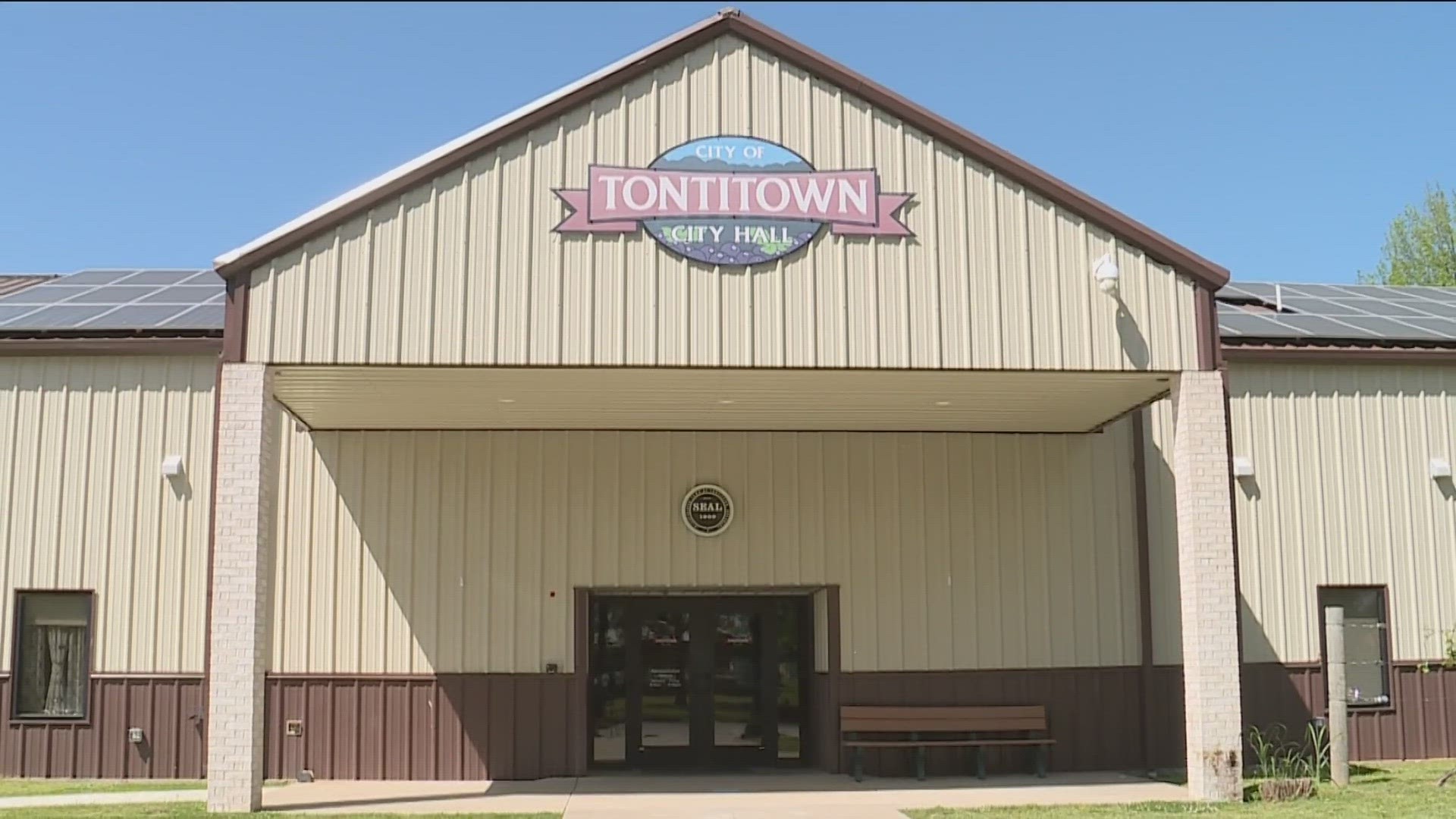(CNN) — When do your kids go back to school? School start dates are about as varied as the styles and colors of backpacks you find at local retailers.
The federal government doesn’t mandate the number of days in a school year, but most states require about 180. How those days work into the calendar is usually set by local school boards.
For example, in Cherokee County, Georgia, students went back to school on August 1 this year. Yes, you read that right, the first day of August.
And while students in other districts around the U.S. return on various dates this month — August 13 and 27 seem to be popular — many, like Virginia Beach, Virginia students, return on September 4, the day after Labor Day.
New York City schools will be back in session on September 6.
Still others wait until the following Monday, September 10 to start the new school year.
Then there are the year-round schools like those in Durham, North Carolina that take long breaks throughout the year but no real “summer” as most kids know it. Durham started the school year on July 16 and will end it on June 7, 2013.
Oklahoma City piloted a year-round program in seven schools and will shift to year round for all its city’s schools this year.
The debate rages on among supporters of three types of school calendars: the year-round calendar, the “balanced calendar” — a school year with an earlier start date and longer breaks — and the “traditional calendar” with a start date after Labor Day.
Opponents of year-round schools and balanced calendars — “school calendar reconfiguration,” as some call it – argue that the longer school years rob kids of summers and put financial strains on school systems.
Proponents of year-round and balanced calendars say that the traditional model of the school year is based on the agrarian needs of the 19th century. They argue that the balanced and year-round approaches present more time for learning and better retention of the skills needed in the 21st Century.
Academically speaking, do balanced or year-round calendars work? Education Week notes that “research that attempts to measure the influence of year-round education on student achievement is inconclusive and contradictory.”
Sometimes, school systems move to a balanced calendar as a step toward year round school, or in an attempt to address declining test scores. According to the Deseret News, after a trial period of a year-round calendar in 2010, Salt Lake City Schools saw that only half of their year-round elementary schools made AYP (Adequate Yearly Progress) in 2010, whereas 80% of the traditional calendar schools did.
On the other side: Some researchers have found that balanced or year-round school calendars do benefit students with academic problems and those believed to be “at risk.”
Parents are caught in the middle of it all, scrambling for child care during weeks when there is no school, or lamenting the loss of traditional family summer vacation time when the kids have to be back in school before Labor Day.
But some parents welcome year-round and balanced school calendars. They say there’s less classroom time spent reviewing learned concepts because there’s no summer “brain drain.” They also say they don’t have to contend with kids getting bored two months into the summer.
The-CNN-Wire/Atlanta™ & © 2012 Cable News Network, Inc., a Time Warner Company. All rights reserved.



